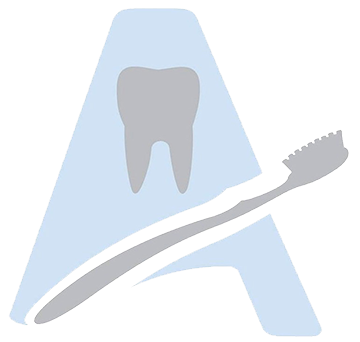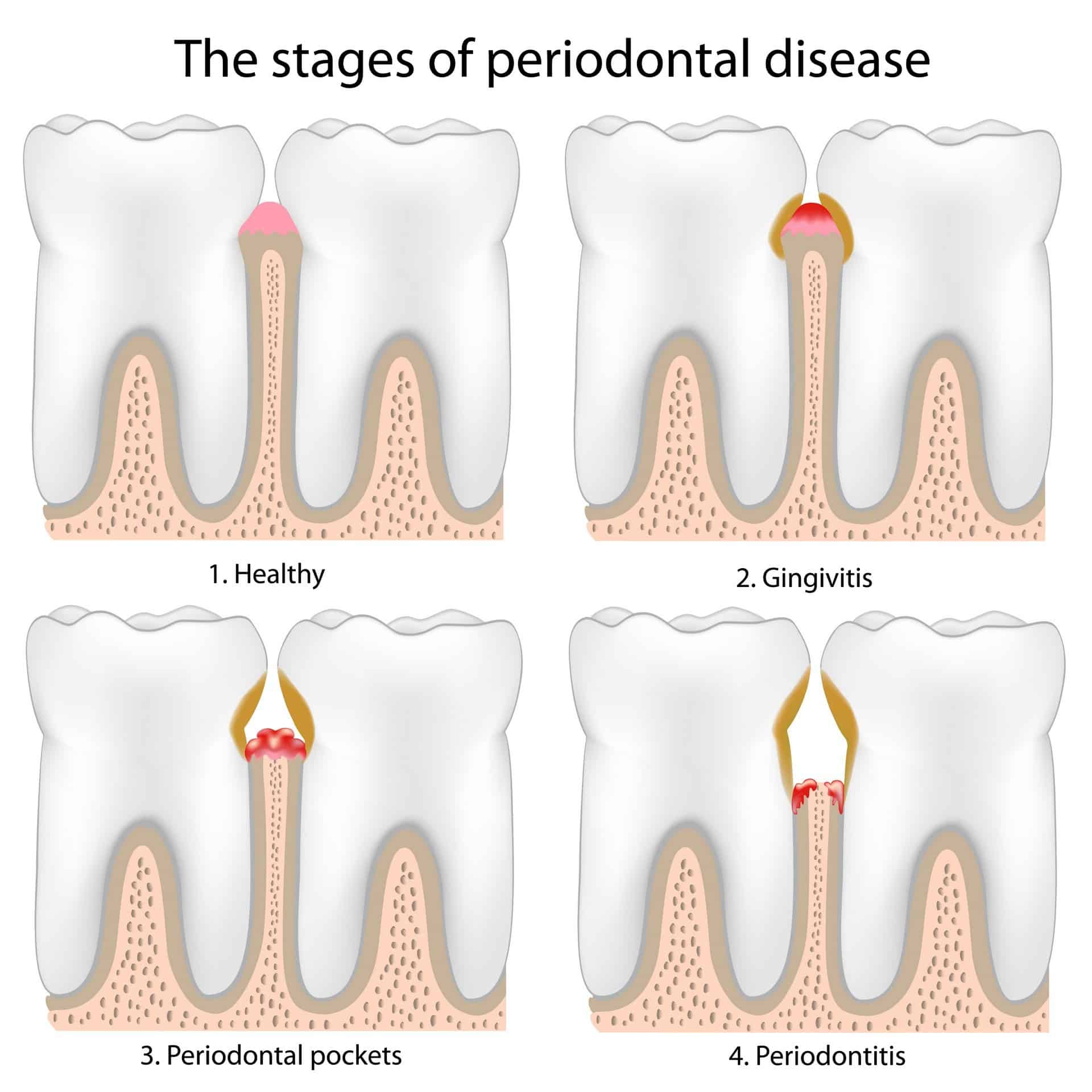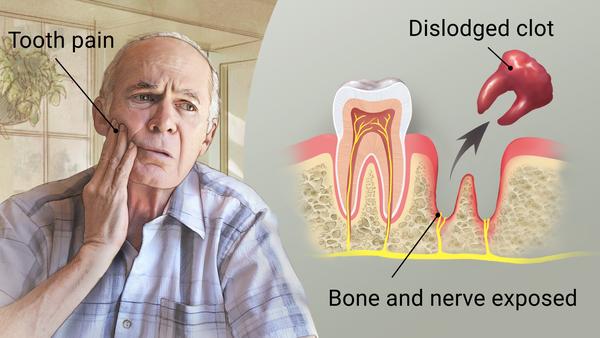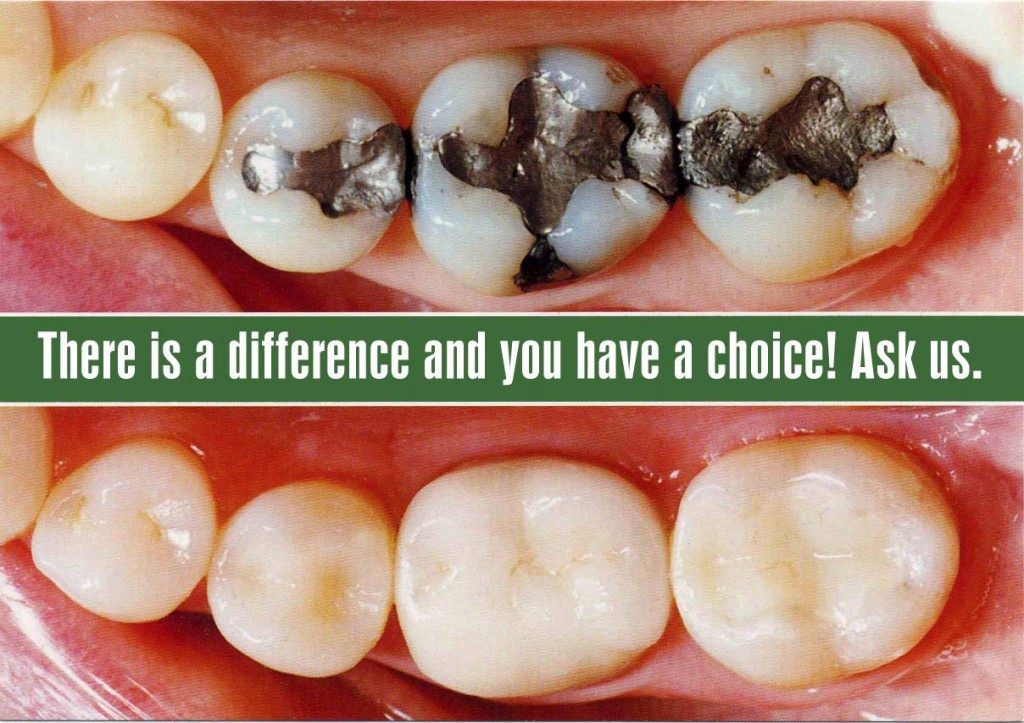Our effective and comfortable gum disease treatment
Moderate gum disease is characterized by pocket depths of four to five millimeters and some (but very little) bone loss. It is treated with a deep cleaning, a process of cleaning (scaling) below the gum and smoothing the surface of the tooth root (planing) to prevent bacteria from sticking to those surfaces and to allow the gums to reattach. An antimicrobial oral rinse will be used to further eliminate any bacteria from the gums. The doctor will also use a soft-tissue laser to remove infected gum tissue.
Assessing your level of Gum Disease
Joseph Aronoff, DDS, MS will asses the condition of your gums and go over treatment options with you in detail. To evaluate the condition of your gum disease, we will gently probe the gum pockets (the space between your teeth and gums) to accurately measure and chart the depth of each pocket.
Ultrasonic scaler
An ultrasonic scaler produces sound vibrations to gently remove plaque and tartar. The sound vibrations destroy the cell membranes of the gum-disease-causing bacteria, thereby killing them, and the sound waves also assist in breaking up hard tartar deposits. Additionally, ultrasonic scalers release a flow of water that flushes away debris and bacteria, promoting faster healing. They are more comfortable for patients than traditional hand instruments.
Antibiotic therapy
The doctors may use ARESTIN® therapy to treat a localized infection. This gel contains tiny microspheres filled with a powerful, timed-release antibiotic. It is used to help eliminate any localized bacteria that may remain after a scaling and planing procedure.
Oral DNA testing
In some cases, the doctors may perform DNA testing to determine the best systemic (whole-body) antibiotic treatment to combat your periodontal disease. You will take a spit test and the lab will return the results to our office within 24 to 48 hours. The doctor will prescribe the appropriate antibiotic based on the lab’s bacteria profile.
Flap surgery
For more advanced cases, a surgical treatment known as flap surgery may be necessary to help the surrounding tissues reattach to the teeth. The procedure involves creating flaps to pull back the gum tissues so the doctor can remove diseased tissue and fully clean and smooth the root surfaces. After cleaning out the infection, the doctor will suture the gum tissues so they are tighter around the teeth than before, making it difficult for bacteria to reattach themselves in the gum pockets.
Gum grafting
One of the effects of periodontal disease is gum recession. Joseph Aronoff, DDS, MS may perform gum grafting to strengthen and augment thin or receded gums to help protect the underlying bone and prevent further gum recession. He may also use gum grafts to cover already exposed tooth roots and protect them from further exposure. Grafting can also be done to improve the cosmetic appearance of a patient’s smile. During gum grafting, the doctor removes a small amount of tissue from other parts of the patient’s mouth and attaches it to the affected gumline. Donor tissue may also be used.
Bone Grafting
In cases where periodontitis has led to bone defects around the root of the tooth, Joseph Aronoff, DDS, MS may perform bone grafting to regenerate new bone and help prevent tooth loss. He places donated bone tissue in the area of missing bone and protects it by covering it with a collagen membrane which will eventually dissolve and be absorbed by the body.
Symptoms of Gum Disease
Bleeding gums
Painful chewing
Tooth sensitivity
Signs of infection, such as redness, swelling or pus
Persistent bad breath
Receding gum line
A change in your bite
Loose teeth
How Quickly Should Gum Disease be treated?
Gum disease should be treated right away before the condition worsens and causes irreversible damage. Anxiety shouldn’t stand in the way of getting the dental care you need. We offer nitrous oxide to patients who are anxious about treatment, especially in the case of longer, more complex procedures. We are happy yo offer nitrous oxide for nervous patients.
Need to see a dentist about gum disease? Do you have bleeding gums? Make an appointment today to see our periodontist if you are worried about bleeding gums, or loose teeth.






